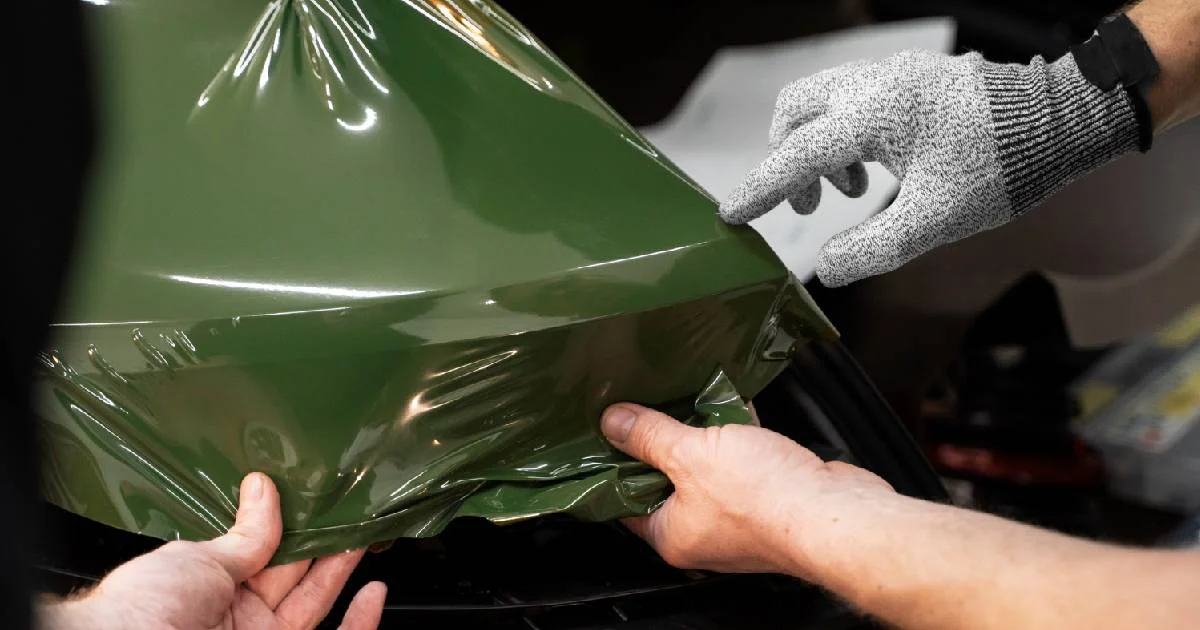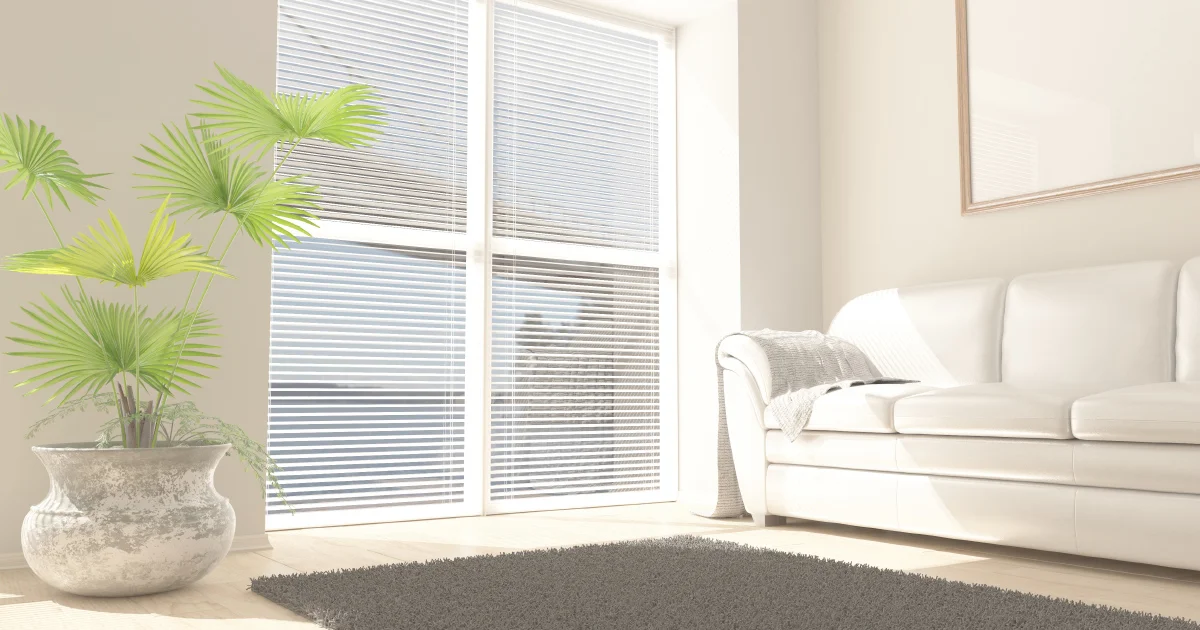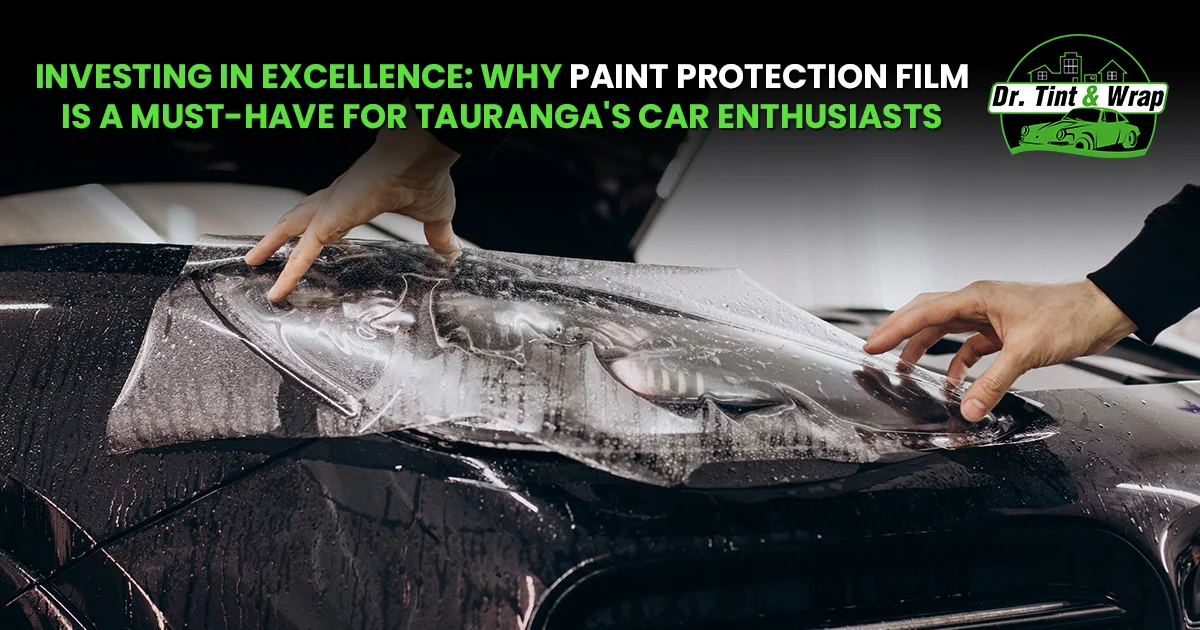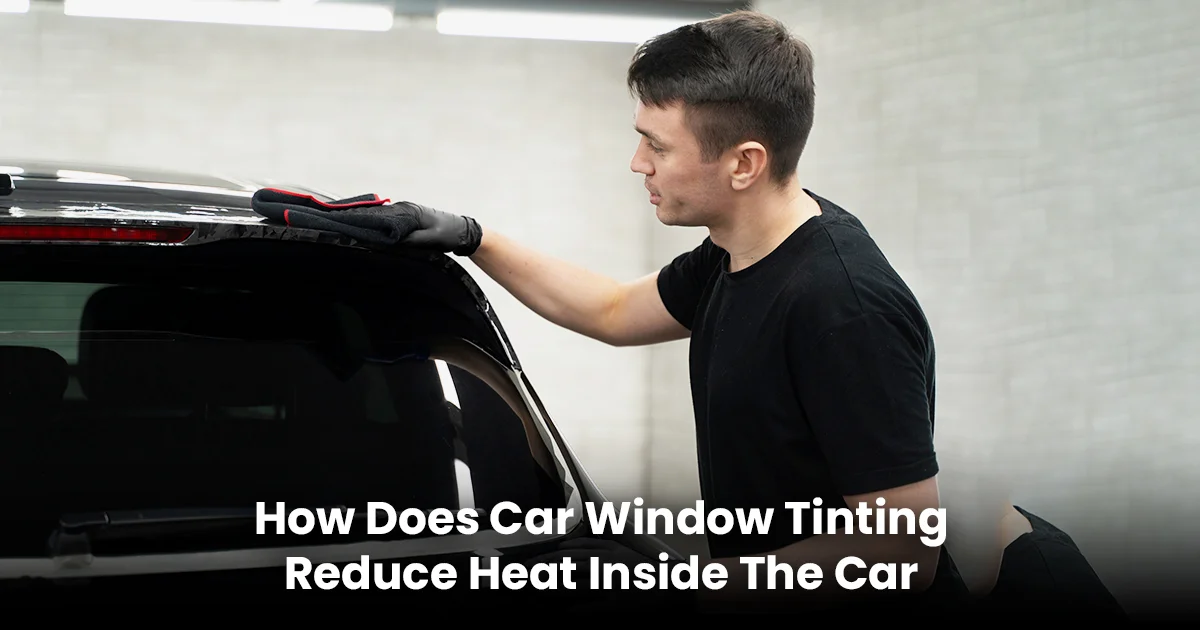
What is the cost of wrapping a car?
21 Mar 2024, By AdminWhat is the Cost of Wrapping a Car?
Car wrapping has become an increasingly popular way for vehicle owners to change the appearance of their cars without the permanence of a paint job. But what exactly goes into the cost of car wrapping? In this blog, we'll dive into the factors that influence the price of car wrapping, helping you understand what to expect if you decide to give your car a fresh new look.
Understanding Car Wrapping
Car wrapping involves applying a vinyl film over the surface of your vehicle. This process allows for a variety of finishes, including matte, gloss, satin, and even custom designs. Unlike traditional paint, a car wrap can be removed without damaging the original paint, making it a versatile and reversible modification.
Factors Affecting the Cost of Car Wrapping
The cost of car wrapping can vary significantly based on several factors. Here are the key elements that influence the overall price:
- Vehicle Size and Type
The size and type of your vehicle are primary determinants of the wrapping cost. Wrapping a small sedan is generally less expensive than wrapping a larger SUV or a luxury sports car. This is because larger vehicles require more vinyl material and more labor hours to cover all the surfaces properly. - Vinyl Quality and Finish
The quality of the vinyl and the type of finish you choose play a significant role in the cost. High-quality vinyl from reputable brands such as 3M or Avery Dennison can cost more but offers better durability and appearance. The finish also impacts the price; specialty finishes like matte, chrome, or carbon fiber tend to be more expensive than standard gloss or satin finishes. - Design Complexity
If you opt for a custom design or a wrap with intricate patterns and graphics, the cost will increase. Custom designs require additional time for design, printing, and installation. Simple, single-color wraps are typically more affordable. - Installation Labor
Labor costs vary based on the installer’s expertise and location. Professional installers with a proven track record may charge more for their services, but they also ensure a higher-quality finish. In metropolitan areas or places with a high cost of living, labor rates may be higher compared to rural areas. - Surface Preparation
Before applying the vinyl wrap, the car's surface must be thoroughly cleaned and prepped. If your vehicle has scratches, dents, or other imperfections, these need to be addressed, which can add to the overall cost. Some shops include minor prep work in their pricing, while others may charge extra. - Additional Features
Additional features such as wrapping door jambs, interior trims, or wheels can also increase the cost. These are often considered add-ons and are priced separately.
Average Cost Breakdown
To give you a general idea, here’s a rough estimate of car wrapping costs based on vehicle size and type:
- Compact Car (e.g., Honda Civic, Ford Focus): $1,500 - $3,000
- Mid-Size Sedan (e.g., Toyota Camry, BMW 3 Series): $2,000 - $4,000
- SUV/Truck (e.g., Ford Explorer, Chevrolet Tahoe): $3,000 - $5,000
- Luxury/Sports Car (e.g., Porsche 911, Tesla Model S): $4,000 - $10,000
These prices can vary depending on the factors mentioned earlier.
Is Car Wrapping Worth the Cost?
Car wrapping offers several advantages that can justify the cost:
- Customization: You can achieve a unique look that stands out.
- Protection: Vinyl wraps protect the original paint from minor scratches and UV damage.
- Reversibility: If you want to revert to your car's original color or change the design, you can simply remove the wrap.
- Resale Value: Preserving the original paint can help maintain the vehicle’s resale value.
Conclusion
Car wrapping can be a worthwhile investment for those looking to personalize their vehicle or protect its paint. The cost of car wrapping varies based on factors such as vehicle size, vinyl quality, design complexity, labor, surface preparation, and additional features. By understanding these factors, you can make an informed decision and choose a car wrapping service that fits your budget and needs. Whether you’re looking for a bold new look or subtle sophistication, car wrapping offers endless possibilities to transform your vehicle’s appearance.

Choosing the Right Window Tint for Your Home: A 2023 Guide
21 Mar 2024, By AdminWhen it comes to enhancing the comfort, energy efficiency, and privacy of your home, window tinting is an excellent choice. In 2023, homeowners are increasingly turning to home window tinting not only for its aesthetic appeal but also for its practical benefits. However, choosing the right window tint for your home can be a daunting task with so many options available. To help you make an informed decision, this blog will answer some essential "wh" questions about home window tinting.
What is Home Window Tinting?
Home window tinting is a process where a thin film is applied to the interior or exterior surface of windows. This film contains various layers designed to provide specific benefits, such as reducing heat and glare, protecting against UV rays, and enhancing privacy.
Why Should You Consider Home Window Tinting?
a.What are the Benefits?
- Energy Efficiency: Window tinting helps regulate indoor temperatures, reducing the need for excessive heating or cooling.
- UV Protection: Tinted windows block harmful UV rays, preventing fading of furniture, flooring, and artwork.
- Glare Reduction: Tinting minimizes glare on screens and surfaces, making indoor spaces more comfortable.
- Privacy: Window films offer varying degrees of privacy, allowing you to control the visibility from outside.
b.How Does It Save Money?
- Reduced Energy Bills: By maintaining stable indoor temperatures, window tinting can lead to lower heating and cooling costs.
- Increased Lifespan of Furnishings: UV protection helps extend the lifespan of your interior furnishings, reducing replacement expenses.
When is the Best Time to Install Window Tinting?
The best time to install home window tinting is during the initial construction or renovation of your home. However, it can be added to existing windows at any time. It's essential to choose a reputable installer who can assess your needs and recommend the right time for installation.
Where Should You Apply Window Tinting?
You can apply window tinting to various areas in your home, including:
- Living rooms
- Bedrooms
- Bathrooms
- Kitchen
- Home offices
- Glass doors and skylights
Consider where you need specific benefits, such as glare reduction in your office or privacy in your bedroom.
How Do You Choose the Right Window Tint?
a.What are Your Goals?
- Identify your primary objectives, whether it's energy efficiency, UV protection, privacy, or all of the above.
b.Consider the Tint Type:,
There are different types of window tints to consider:
- Reflective Tint: Offers privacy and heat reduction but can be highly reflective from the outside.
- Ceramic Tint: Provides excellent UV protection and insulation without affecting visibility.
- Decorative Tint: Adds style and privacy with various patterns and designs.
c.Evaluate Tint Darkness:
- The darkness of the tint affects the amount of light and heat it blocks. Choose a darkness level that suits your preferences and needs.
d.Consult with Professionals:
- Seek advice from experienced window tinting professionals who can guide you in selecting the right tint for your home.
In 2023, home window tinting is a smart investment for any homeowner looking to improve energy efficiency, protect their furnishings, and enhance privacy. By answering the "wh" questions about home window tinting, we hope you're now better equipped to make an informed decision. Remember to consult with experts and consider your specific goals when choosing the right window tint for your home. With the right tint, you can enjoy a more comfortable, efficient, and private living space.

Investing in Excellence: Why Paint Protection Film is a Must-Have for Tauranga's Car Enthusiasts
21 Mar 2024, By AdminTauranga, a city known for its scenic beauty and vibrant culture, is also home to a passionate community of car enthusiasts. These individuals take great pride in their vehicles, treating them not just as modes of transportation, but as extensions of their personality and style. With the salty coastal air and unpredictable weather conditions, protecting a vehicle's exterior becomes a top priority for car owners in Tauranga. This is where Paint Protection Film (PPF) comes into play, offering an unmatched solution to preserve the pristine appearance of these cherished automobiles.
The Power of Paint Protection Film in Tauranga
Paint Protection Film, often referred to as a "second skin" for cars, is a transparent, high-performance layer that shields a vehicle's paint from various external threats. The unique climate conditions in Tauranga, including the salty sea breeze and intense UV radiation, can wreak havoc on a car's exterior finish over time. PPF acts as a robust barrier, safeguarding the paint against these environmental factors while maintaining the vehicle's showroom-like shine.
1. Battle against Salt and Sand: Tauranga's proximity to the ocean brings along the challenge of salt-laden air that can corrode a car's paintwork. Paint Protection Film forms an impermeable shield against salt, sand, and other debris, preventing them from causing unsightly chips, scratches, and erosion.
2. UV Radiation Defense: The New Zealand sun is beautiful but intense, causing paint colors to fade and lose their vibrancy over time. PPF incorporates UV inhibitors that protect the vehicle's paint from fading, ensuring that it retains its original brilliance even after prolonged exposure to sunlight.
3. Resilience against Weather Extremes: Tauranga is known for its rapidly changing weather patterns, which can include heavy rain, strong winds, and even hail. PPF acts as a barrier against these weather extremes, safeguarding the paint against potential damage and maintaining the car's polished appearance.
4. Maintaining Aesthetic Value: Car enthusiasts in Tauranga take immense pride in the appearance of their vehicles. PPF's transparency ensures that the underlying paint's color and gloss remain unchanged, allowing car owners to exhibit their automobiles in all their splendor.
5. Preserving Resale Value: For many car enthusiasts, their vehicles are not just a passion but also a valuable investment. Applying PPF helps maintain the vehicle's resale value by preventing paint damage that can negatively impact its market worth.
The Process of Applying Paint Protection Film
Applying Paint Protection Film requires precision and expertise. Professional installers in Tauranga have mastered the art of fitting PPF seamlessly onto a vehicle's surface, ensuring no visible lines or bubbles. The process involves meticulous cleaning, prepping, and precise application to provide comprehensive protection.
In a city where car enthusiasts take pride in their vehicles, investing in Paint Protection Film is a wise choice. Tauranga's unique climate and environment pose challenges to maintaining a car's exterior appearance, making PPF an essential accessory for those who want to preserve the showroom-like shine of their automobiles. With its ability to withstand salt, sand, UV radiation, weather extremes, and more, PPF ensures that Tauranga's car enthusiasts can continue to showcase their passion for cars while driving through the city's picturesque landscapes. So, if you're a car enthusiast in Tauranga, consider PPF not just as a protective layer, but as a testament to your commitment to excellence in automotive care. Dr. Tint & Wrap in Tauranga is your trusted destination for top-notch Paint Protection Film (PPF) services, ensuring your vehicle's exterior remains shielded from Tauranga's challenging climate while preserving its flawless finish. With expert installation and a commitment to excellence, Dr. Tint & Wrap offers the ultimate solution for car enthusiasts seeking superior protection for their prized vehicles.

How Does Car Window Tinting Reduce Heat Inside The Car
21 Mar 2024, By AdminCar window tinting has become increasingly popular among car owners in recent years. This process involves applying a thin, transparent film to the windows of a car, which helps to reduce the amount of heat that enters the vehicle. But how does car window tinting actually work to reduce heat inside the car? In this blog, we'll explore the science behind car window tinting and its effects on reducing heat inside the car.
Tinting films block the sun's rays
Car window tinting works by blocking the sun's rays from entering the car. The film is designed to absorb or reflect the sun's radiation, which is responsible for the heat that builds up inside the vehicle. By reducing the amount of sunlight that enters the car, the tinting film helps to keep the temperature inside the car more comfortable.
Tinting films reduce the amount of visible light that enters the car
In addition to reducing the amount of sunlight that enters the car, car window tinting also reduces the amount of visible light that enters the car. This helps to reduce glare, which can be a major problem for drivers, especially during the day when the sun is bright. By reducing glare, car window tinting makes it easier for drivers to see the road ahead, which can help to prevent accidents.
Tinting films can block up to 99% of UV radiation
Car window tinting films are also designed to block up to 99% of the sun's ultraviolet (UV) radiation. UV radiation can be harmful to both the skin and the interior of a car. Over time, exposure to UV radiation can cause the dashboard and other parts of the car's interior to fade and crack. By blocking UV radiation, car window tinting helps to protect the car's interior and keep it looking new for longer.
Tinting films reduce the need for air conditioning
Because car window tinting helps to reduce the amount of heat that enters the car, it can also help to reduce the need for air conditioning. This not only saves fuel, but it can also help to reduce the wear and tear on the car's air conditioning system, which can extend its lifespan.
In conclusion, car window tinting works by blocking the sun's rays, reducing the amount of visible light that enters the car, blocking up to 99% of UV radiation, and reducing the need for air conditioning. Doing so helps to keep the temperature inside the car more comfortable, protect the car's interior, and improve the safety of drivers on the road. If you're considering getting your car windows tinted, make sure to choose a reputable provider who can help you choose the right type of tinting film for your needs.
